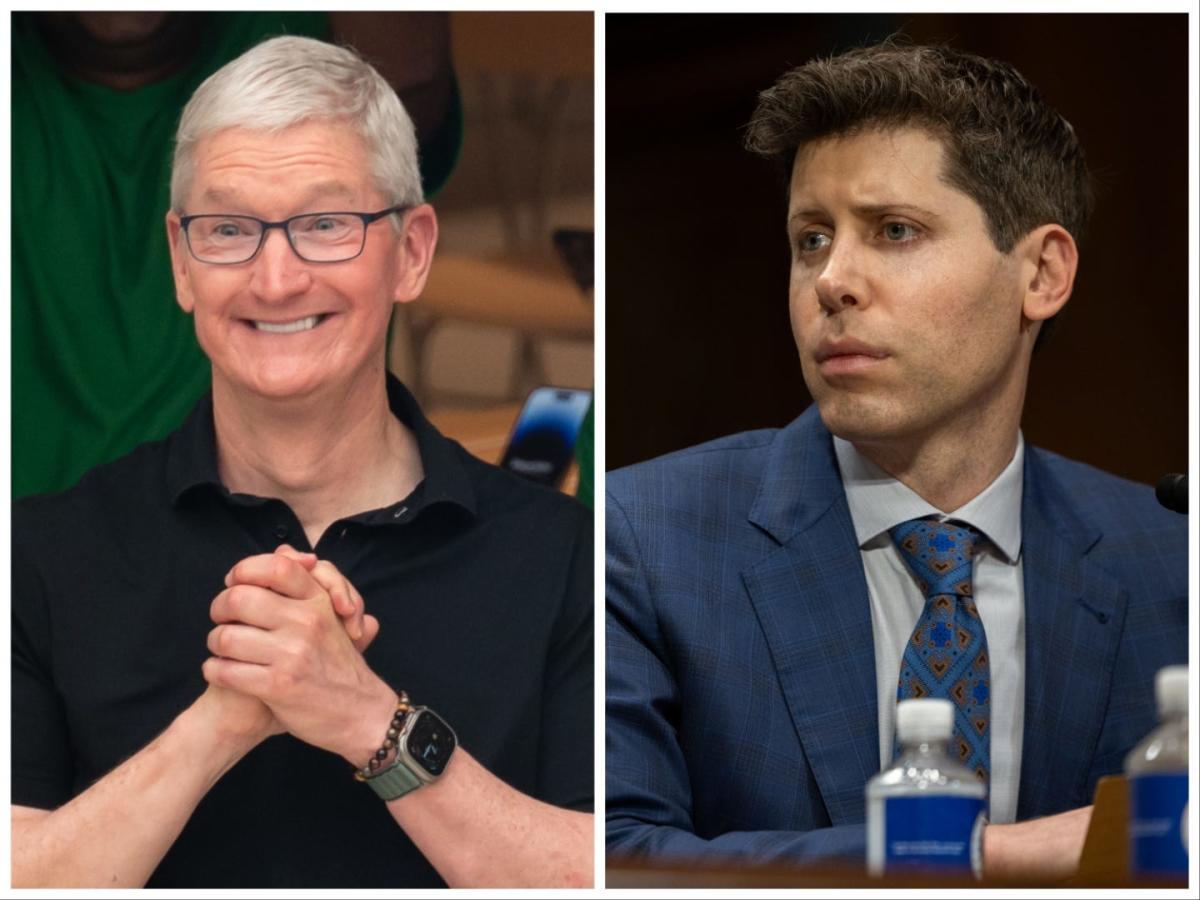
Apple has recently announced a partnership with OpenAI to integrate ChatGPT with Siri. This move is aimed at enhancing the user experience by incorporating advanced AI capabilities into Apple’s voice assistant.
One of Apple’s key priorities is to ensure the security and privacy of user data, with a focus on storing data locally on its devices. This approach sets Apple apart from other tech giants and underscores its commitment to safeguarding user information.
However, the rise of generative AI and the increasing demand for cloud processing are challenging Apple’s device-centric data strategy. Advanced AI applications like ChatGPT require substantial data processing capabilities in the cloud, posing a dilemma for Apple’s data privacy efforts.
OpenAI’s ChatGPT, powered by GPT AI models in Microsoft’s cloud data centers, will soon be integrated with Siri. Apple users will have the option to send complex requests to ChatGPT, with privacy protections such as obscured IP addresses and non-storage of requests by OpenAI.
While using ChatGPT through Apple’s platform comes with built-in privacy safeguards, users who choose to connect their account may be subject to ChatGPT’s data-use policies. OpenAI’s policy allows for the use of user data for AI model training, unless users opt out through data controls.
To disable AI model training, Apple users can adjust settings within the ChatGPT app on iOS or on the web. By toggling off the option to improve the model for everyone, users can prevent their conversations from being used to train OpenAI’s models.
This partnership between Apple and OpenAI highlights the importance of balancing technological advancements with data privacy concerns. As AI continues to evolve, users are encouraged to stay informed about how their data is being used and take proactive steps to protect their privacy.


